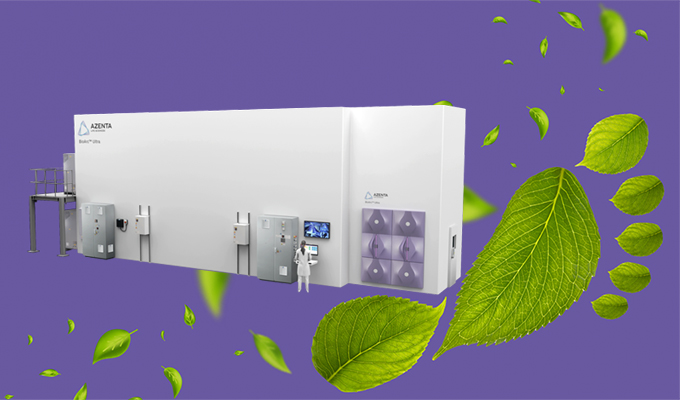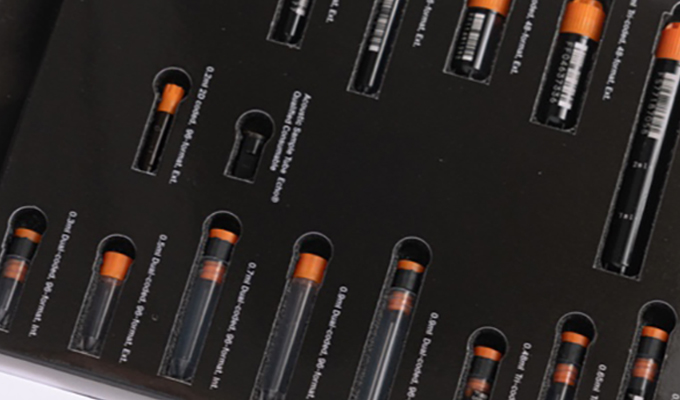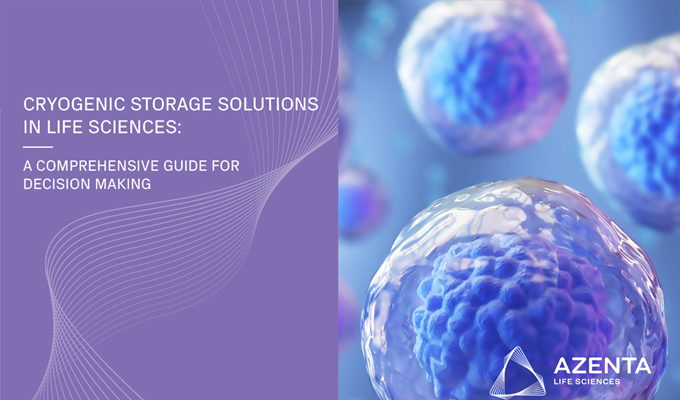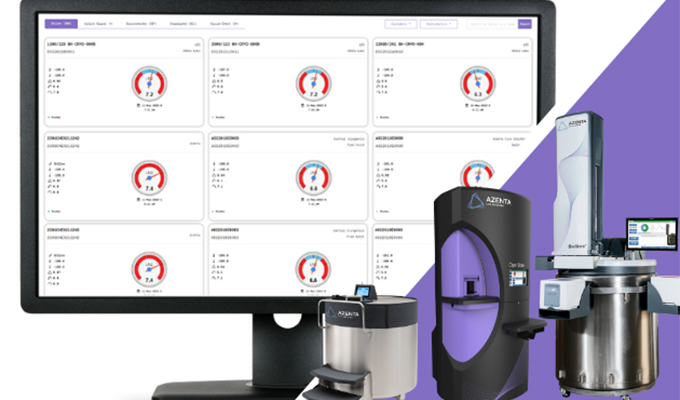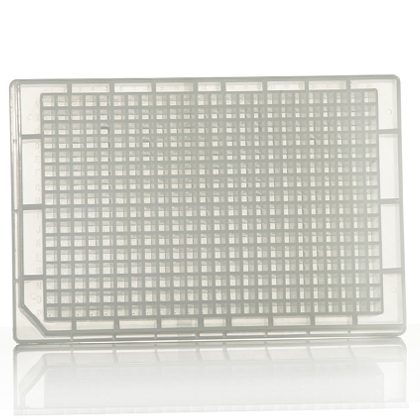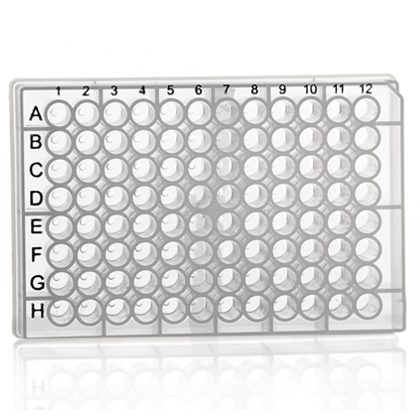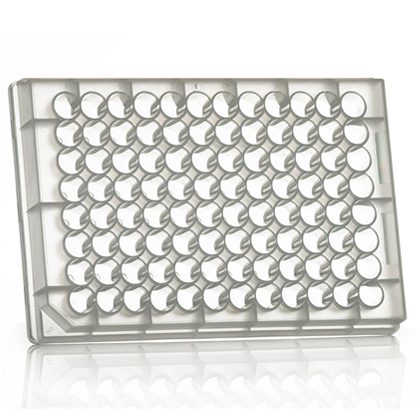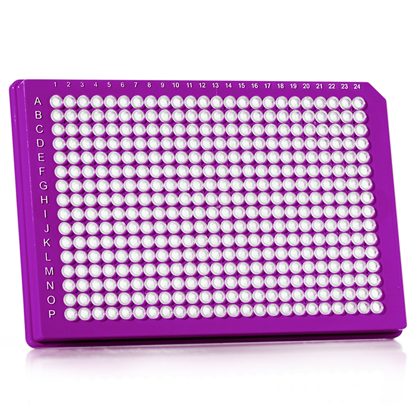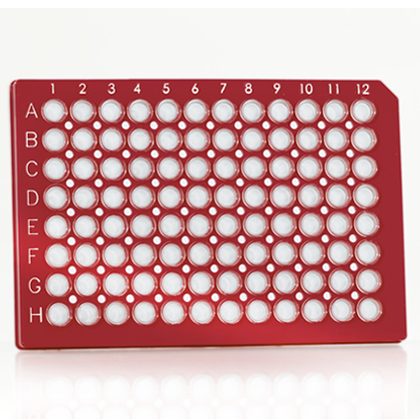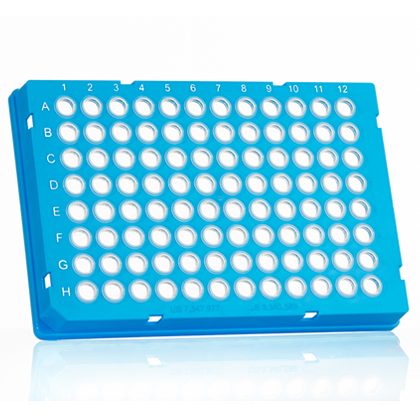
Low Binding Microplates
Low DNA Binding Plates for Next Generation Sequencing (NGS) & Other Sensitive Applications
Polypropylene (PP) is the best plastic material for PCR tubes as it is chemically inert, resistant to solvents, and well suited for injection molding – allowing for production of thin-walled tubes for optimum PCR results.
DNA has been shown to bind to PP tubes especially at high ionic strength, despite the very hydrophobic nature of this material. Different PP polymers are used for the production of PCR consumables and as they differ in their characteristics including surface charges, they consequently bind DNA in varying amounts.
DNA binding to PP surfaces has typically only been an issue for reaction tubes and storage vessels but not for PCR/qPCR tubes. DNA sticking to tube walls is either released during denaturation steps and/or remains accessible for amplification.
Nevertheless, as miniaturization continues to advance and new technologies like Next Generation Sequencing (NGS) emerge, PCR/qPCR tubes are increasingly being recommended for additional applications that demand ultra-low DNA binding.
FEATURED
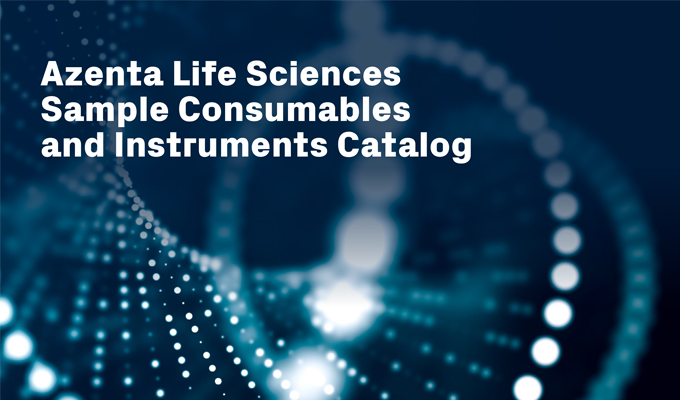
Azenta Life Sciences Consumables & Instruments Catalog
